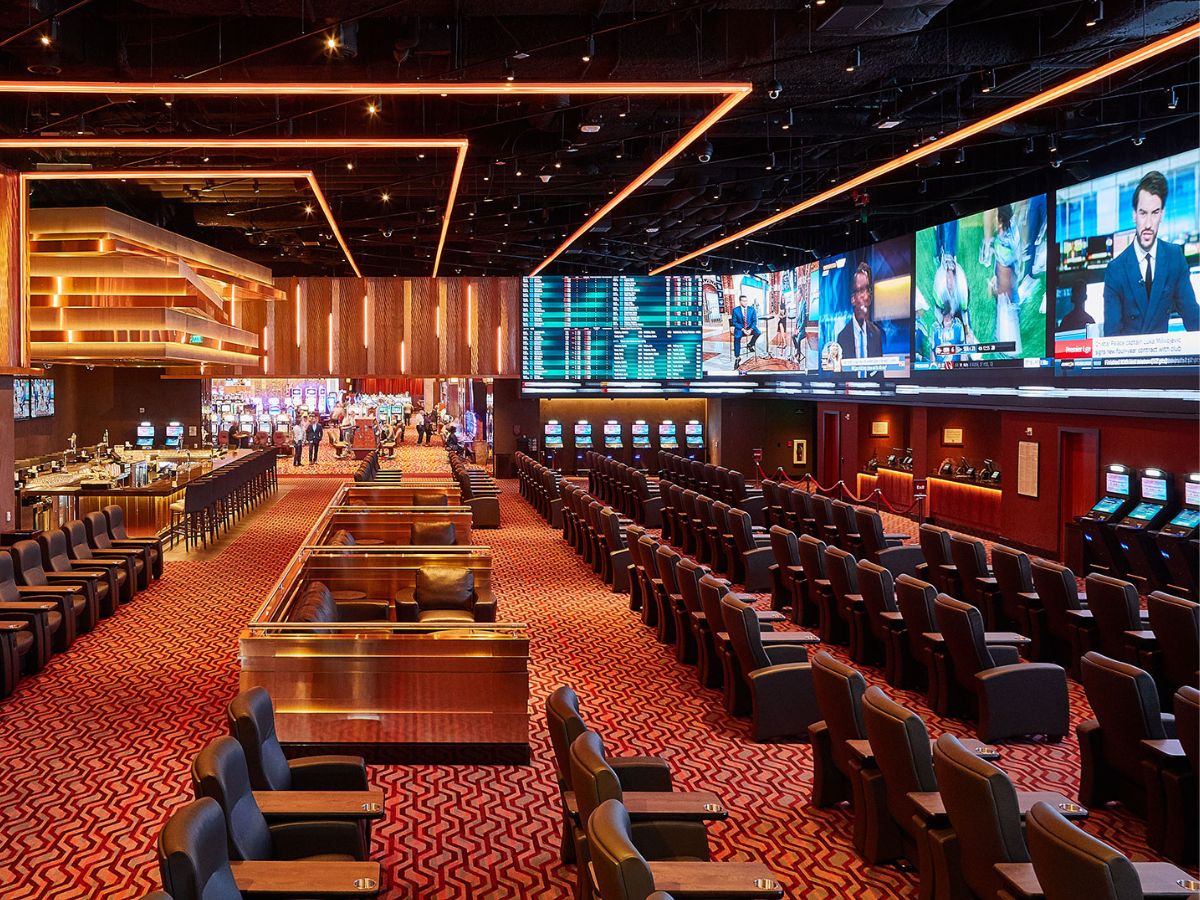Betting has been an essential part of human entertainment for millions of years, developing through cultures and periods to become the vibrant casino activities we know today. From the ancient Chinese and Romans, who engaged in multiple forms of gambling and luck, to the modern gaming floors of today’s casinos, the attraction of risk and winning has fascinated individuals across the globe. The shift from simple dice games and primitive betting setups to the opulent settings of contemporary casinos reflects significant strides in both cultural standards and technological advancements.
As societies evolved, so too did the complexity of gambling activities, with gambling activities emerging as a unique category of entertainment and excitement. These activities have evolved from informal gatherings centered around traditional tables to grand, opulent establishments designed to entice players. Today, we delve into this captivating journey, analyzing how historical practices laid the groundwork for the varied and thrilling casino activities that bring pleasure to countless people worldwide.
spintax
Ancient Betting Traditions
Gambling has significant roots in human past, with evidence of games of chance dating back to ancient societies. Archaeologists have discovered that as far back as 3000 BC, the Chinese were using primitive forms of betting with dice made from bones. Similarly, ancient cultures of Mesopotamia engaged in wagering activities, often relying on the tossing of lots or dice to determine outcomes. These early forms of betting served not only as amusement but also played crucial roles in social and cultural practices.
The Egyptians also took part in gambling activities, with games that included betting on the outcomes of various events, including sports and religious festivals. ngắm gái xinh tại mmlive Artifacts such as dice and depictions of gamblers from ancient tombs demonstrate that betting was a common pastime. It provided both leisure and a means of engaging in social connections, often linked to celebratory occasions or important gatherings. This behavior showed the universal appeal of chance and rivalry throughout history.
In ancient Rome, betting became a commonplace practice among the populace, as shown in references in literature and the establishment of rules around certain games. Romans enjoyed a variety of gambling activities, from wagering on horse races to playing games similar to modern-day board games. The legal system surrounding these activities began to take shape, establishing the foundations for gambling regulations that would evolve in the centuries to come. The popularity of betting during this period set the stage for the development of casino games in the future.
The Progression of Gambling Games
Casino games have gone through substantial transformations from their roots to the contemporary entertainment selections. In historical civilizations, gaming was frequently linked to ceremonial practices, with dice games found in the ancient Mesopotamian region and betting on the outcomes of events in old Rome. These early forms of gambling laid the groundwork for the structured games we see today. The transition from informal gambling to regulated games occurred as societies began establishing rules and venues for wagering, reflecting cultural values and practices.
The medieval period saw the rise of card games, which gained popularity among European nobility. Games like primero and baccarat became essential components in social gatherings. The development of printing technology also enabled the spread of playing cards, making them more reachable to the masses. mmlive As gambling houses began to multiply, these card games transformed into different forms that appealed to wider audiences, eventually leading to the founding of casinos as specialized venues for gaming.
The 20th century marked a significant point in the development of casino games, with the growth of commercial casinos in Vegas and other betting centers. This era saw the introduction of games like slot machines and modern variations of table games, complete with high-quality graphics and intricate betting structures. The advent of online casinos in the 1990s further changed the gaming industry, allowing players to access a great variety of casino games from the comfort of their homes. Today, casino games persist to progress, blending traditional elements with state-of-the-art technology to create immersive experiences for players worldwide.
Modern Gambling Regulations
In the past few years, the landscape of gaming regulations has developed substantially, especially as tech advances and online gambling have become more prevalent. Regulatory bodies around the globe have enacted multiple laws and standards to make certain that gambling activities are performed justly, responsibly, and clearly. These regulations often encompass elements such as permits, advertising, player safeguards, and responsible gambling measures. Authorities aim to minimize issues such as problem gambling and fraudulent activities while supporting a fair gaming environment.
The emergence of online gambling sites has necessitated a different approach to regulation. Many jurisdictions have established specific internet-based gaming frameworks that cater to online gambling, allowing operators to provide their offerings within the law. These structures often demand operators to obtain licenses, follow strict security standards, and provide assistance options to help players. By vigilantly observing internet activities, regulators can better protect players from risks and make sure that gambling is carried out in a safe manner.
Furthermore, contemporary gambling regulations are increasingly concentrating on responsible gambling initiatives. Many gaming establishments and online sites now adopt features such as player exclusion, deposit limits, and breaks to help players control their gambling habits. Awareness campaigns aimed at raising awareness about the risks of gaming are also frequent. As the sector continues to grow, the focus on sensible gambling remains a cornerstone of governing efforts, reflecting a dedication to encouraging a secure and enjoyable gambling experience for all players.